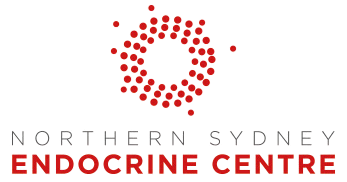What is menopause?
Menopause is part of the natural ageing process of women, typically occurring from age 47 – 51. Symptoms can begin several years prior to the final menstrual period; this is known as the perimenopause.
Symptoms of menopause are caused by falling estrogen levels when ovaries no longer produce eggs. Fluctuating estrogen levels as a woman progresses through perimenopause to formal menopause can result in a variety of symptoms:
- Hot flushes
- Changes to the menstrual cycle; shorter, longer, heavier or lighter until periods eventually cease.
- Vaginal dryness, urinary tract infections and low libido
- Mood swings; new depression or anxiety
- Fatigue and insomnia
- Cognitive changes
Treatment of menopause
Early in the menopause, estrogen deficient symptoms can be helped by discussing treatment options with your doctor. If there is no history of breast cancer or blood clotting, replacement estrogen (combined with progesterone if you still have a uterus) is an option for some women. This is best coupled with lifestyle changes to optimize your health at this time.
Later after menopause, low bone density and cardiovascular disease can occur. These are important conditions to screen for as they may be asymptomatic. Your doctor can discuss screening for these conditions with you.

